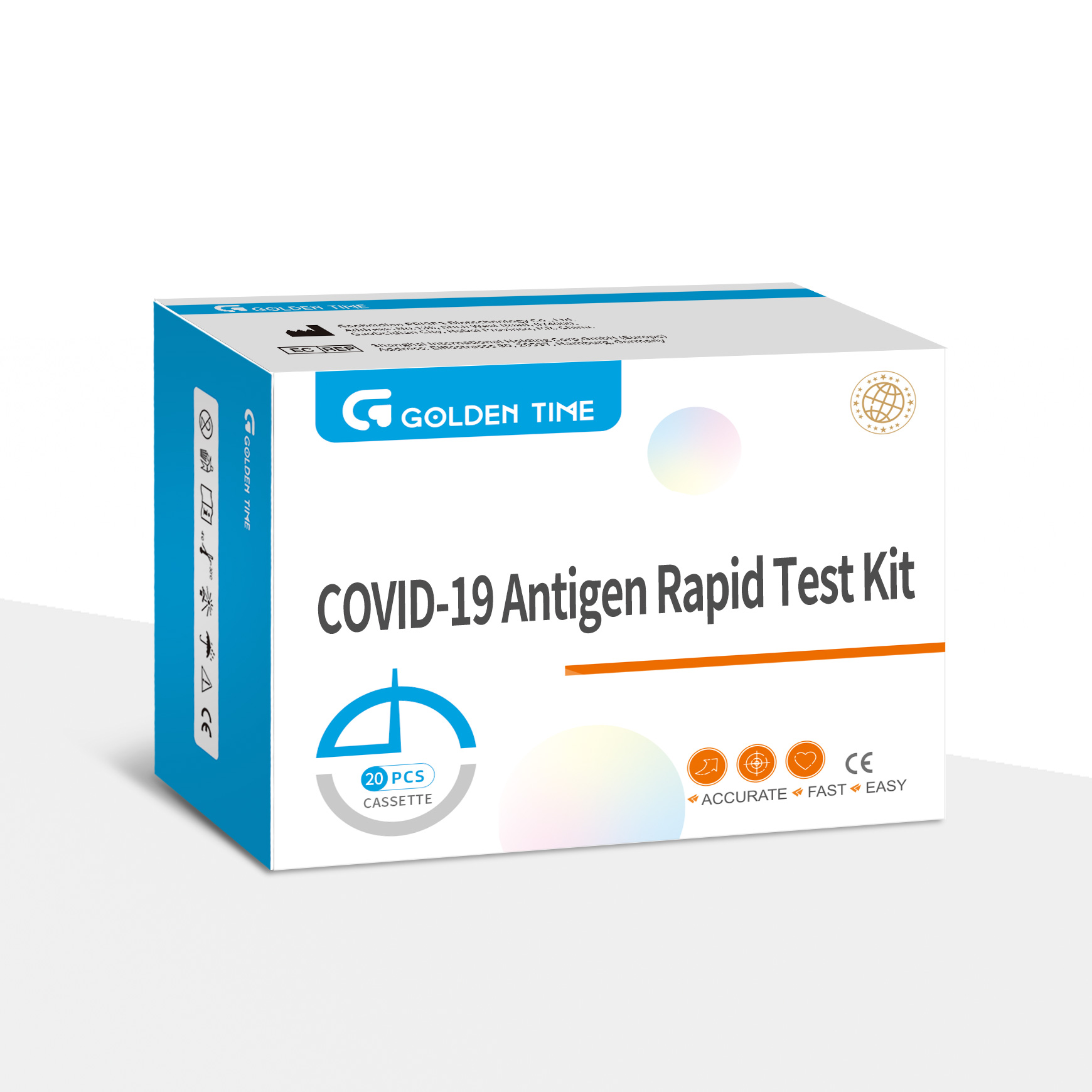8 月 . 19, 2024 11:28 Back to list
Find Reliable Manufacturers for Typhoid Fever Test Kits and Quality Assurance Solutions
Exploring the Typhoid Fever Test A Guide for Buyers
Typhoid fever is a serious and potentially life-threatening illness caused by the bacterium Salmonella enterica serotype Typhi. This disease remains a significant public health challenge in many parts of the world, especially in regions with inadequate sanitation and clean water supply. To combat typhoid fever effectively, accurate and timely diagnosis is crucial. This brings us to the importance of purchasing reliable typhoid fever test kits from reputable manufacturers.
Understanding Typhoid Fever Testing
The primary goal of typhoid fever testing is to detect the presence of the Salmonella Typhi bacterium in a patient's body. There are several methods for testing, including blood cultures, serological tests, and rapid diagnostic tests (RDTs). Each method has its advantages and limitations, and the choice of test often depends on factors such as the clinical setting, available resources, and the severity of the disease.
Blood cultures have long been considered the gold standard for typhoid diagnosis. They involve incubating blood samples to see if the bacteria grow. However, this method can take several days, which may delay treatment for patients. Serological tests, which detect antibodies against Salmonella Typhi, can be performed relatively quickly but sometimes lack sensitivity and specificity. Rapid diagnostic tests, on the other hand, offer a quicker alternative but vary widely in quality, making the choice of manufacturer critical.
Selecting the Right Manufacturer
When considering the purchase of typhoid fever test kits, it is vital to choose a reputable manufacturer. A few key factors should be considered
1. Regulatory Approval Ensure that the manufacturer’s products are approved by relevant health authorities, such as the FDA in the United States or CE marking in Europe. This can provide some assurance of the test's reliability and effectiveness.
buy typhoid fever test manufacturer

2. Quality Assurance Look for manufacturers that follow stringent quality control procedures. Certifications like ISO 13485 indicate that the company meets international standards for medical device manufacturing.
3. Clinical Validation Prefer manufacturers that provide clinical validation data for their products. This includes sensitivity, specificity, and positive/negative predictive values from clinical studies, which can help ascertain the reliability of the test.
4. Support and Training Opt for manufacturers that offer robust customer support and training for healthcare providers. This can be invaluable in ensuring that tests are administered and interpreted correctly.
5. Feedback and Reputation Research customer reviews and feedback on the manufacturer’s products. A strong reputation among healthcare professionals can be an indicator of quality and reliability.
6. Cost and Accessibility While cost should not be the sole factor, it plays an essential role in decision-making, particularly in low-resource settings. Consider bulk purchasing options and the availability of the product in your region, which can also impact overall costs.
Conclusion
Typhoid fever remains a global health concern, and accurate testing is crucial for effective management and treatment. As a buyer, investing time in understanding the different testing methods and thoroughly researching manufacturers can lead to superior choices that enhance diagnostic accuracy. By selecting high-quality typhoid fever test kits, healthcare providers can ensure timely and effective care for patients, ultimately leading to improved health outcomes in the fight against this disease. Thus, careful consideration and strategic purchasing can contribute significantly to the prevention and treatment of typhoid fever in affected communities.
-
Decorative Faux Wood Beams Lightweight, Weather-Resistant & Realistic Designs
NewsMay.01,2025
-
11111
NewsMay.01,2025
-
Pregnancy Test Empty Cassette
NewsMar.07,2025
-
Pregnancy Test Empty Cassette
NewsMar.07,2025
-
Pregnancy Test Empty Cassette
NewsMar.07,2025
-
HIV Ab/Ag 4th Gen Blood Rapid Test Kit
NewsMar.07,2025

